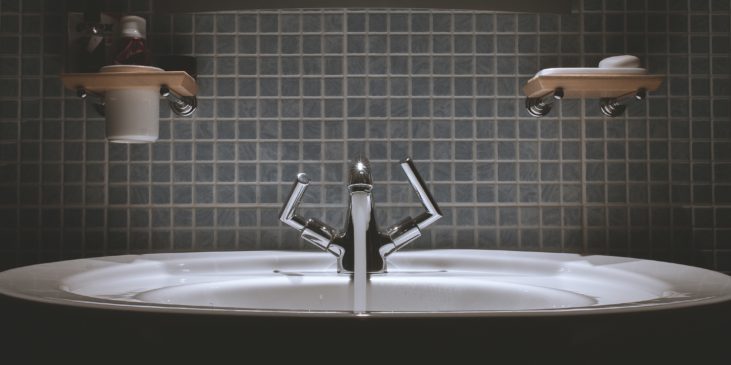Brushing your teeth with fluoride toothpaste is essential to good oral health. Not only does brushing your teeth help prevent tooth decay, it also helps prevent gum disease, which is one of the leading causes of tooth loss in adults and has been linked to heart attacks and strokes. Removing tooth stains and avoiding bad breath are added benefits of brushing your teeth. The foods that we eat contain sugars and starches. When plaque, the sticky substance that forms on the teeth, combines with these sugars and starches, an acid is produced that attacks tooth enamel, which causes tooth decay. Plaque can also irritate the gums and lead to gum disease. Irritated gums can become red, swollen, tender, and bleed, easily causing gingivitis, the beginning stage of gum disease. Gingivitis can be treated and reversed if it is diagnosed in the early stages. If plaque is not removed, the gums can eventually start to pull away from the teeth. When this happens, bacteria and pus-filled pockets can form and the bone that supports the teeth can be destroyed. Once the bone is destroyed, the teeth will loosen or have to be removed. Brushing your teeth properly removes plaque from the surfaces of the teeth and flossing removes plaque from in between the teeth. The American Dental Association recommends that you brush your teeth at least twice a day for about two minutes, preferably after eating. Be sure to replace your toothbrush or electric toothbrush head every three months or sooner if the bristles start to fray or wear out. In order to maintain good oral hygiene, it’s important to brush at least twice a day, floss daily, eat a well-balanced diet and visit your dentist for regular check ups.
Importance of brushing
Skip back to navigation

